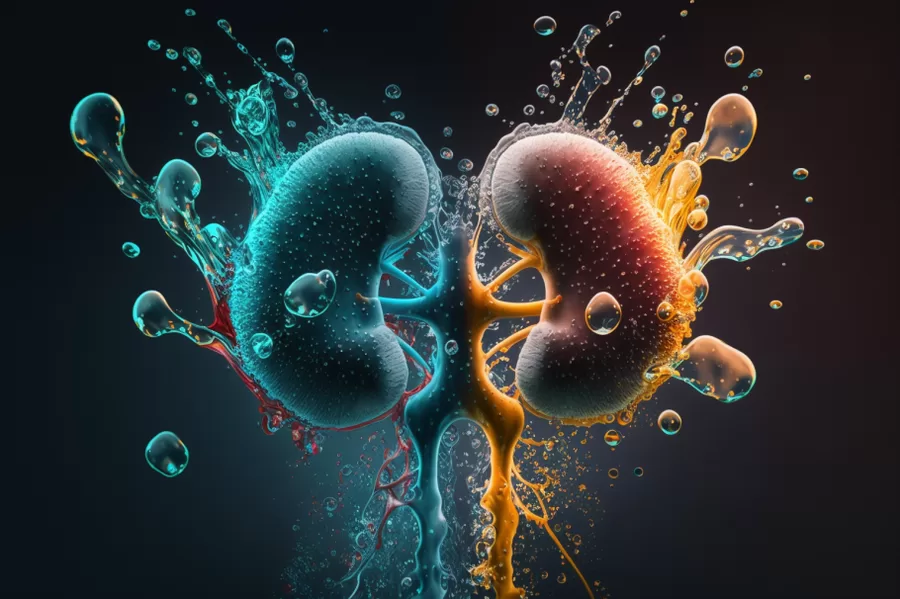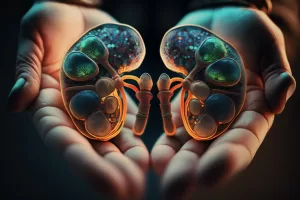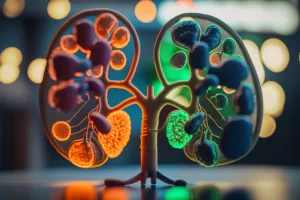Inside our bodies, in the cardiovascular system, we have some volume of liquid that must be constant. This is the blood that circulates through all the organs and tissues and provides them with nutrients. In the kidneys, it is filtrated and excess water amount is flushed out with urine. However, this process may get disturbed due to different causes and swelling appears.
Modern medicine has a solution to this problem in the form of diuretics terapie or water pills. Let’s find out more about them, their groups, mechanism of action and effects.
What are Diuretics
These medicines were created to decrease swelling and manage the work of the cardiovascular system and kidneys. If it happens that the body cannot solve this issue, a small pill becomes more than helpful.
Mechanism of action
There are different groups of diuretics and each is involved in some special part of the water metabolism. Thus, they can influence kidneys directly and make them push extra water out or absorb less water in the process of urine formation. In addition, the effect may be directed at the blood vessels and tissues.
Due to these special features, we have four main groups of these medicines that differ in the effect and the diseases for which they are prescribed.
Thiazide diuretics
These medicines are the most common for patients with hypertension. They mildly lower blood pressure by eliminating excess liquid from the body. To this group belong hydrochlorothiazide and chlorthalidone.
As these pills do not have severe side effects and possess a rather mild action, they are prescribed for daily usage.
Loop diuretics
Such pills as furosemide or bumetanide are very potent diuretics that reveal significant effects after a few hours of intake. They are recommended for conditions such as heart failure or severe edema. These medicines flush out not only water but also electrolytes, so one should pay attention to the potassium and sodium levels in the body after their intake.
Potassium-sparing diuretics
To solve the problem of losing potassium, pharmacists developed triamterene, amiloride and similar medicines. They have mild diuretic effects but do not take away potassium. On the contrary, levels of the latter may even rise due to the intake of these pills. Thus, the control of electrolytes in the blood is still required.
Osmotic diuretics
One more group is represented by mannitol, glycerin and isosorbide. They influence the work of kidneys, namely preventing the reabsorption of water during urine formation. These are also quite potent medicines prescribed for patients with various diseases.
Benefits of Diuretic Therapy
Nowadays water pills are utilized for the treatment of different diseases. There are even patients who take them every day and profit from their efficiency. Let’s find out more about the benefits of these medicines and the reasons for their importance.
Managing high blood pressure
Treating high blood pressure is a kind of art due to the numerous reasons that cause this condition. However, thiazide diuretics are a helpful remedy for patients who can take them every day to regulate pressure. After the intake of this pill, the volume of liquid in the cardiovascular system decreases, leading to a decrease in blood pressure.
Treating heart failure
This condition is always accompanied by edema, especially in the feet. This causes major problems for patients who cannot move freely and have problems choosing proper shoes. Therefore, physicians often prescribe potassium-sparing diuretics to help these patients.
In this case, it is crucial to save the proper levels of potassium, as they are required for heart work. Thus, other diuretics may be harmful. However, this group is helpful and does not cause side effects.
Reducing edema
Mild or severe edema can accompany different diseases and appear on various body parts. Anyway, it worsens the quality of life, disturbs the metabolism of the organs and tissues and may even lead to long-lasting problems.
That is why physicians always treat this condition with the help of diuretics. Here, both loop and osmotic pills can be useful.
Managing kidney disease
Furthermore, these medicines provide necessary assistance for kidneys when the latter is not able to do their work properly. In this case, the heart and cardiovascular system also get overloaded and edema appears.
All the above-mentioned groups can be prescribed to solve the issue and manage the disease. The choice depends on the condition of the patient.
Treating liver cirrhosis
Patients with liver diseases may also suffer from edema. The first choice for them is osmotic diuretics that decrease all unpleasant symptoms and greatly contribute to the improvement of their quality of life. These medicines are prescribed both on a daily basis or from time to time according to the severity of the disease.
Possible Side Effects
Side effects depend on the group of medicines but the most common include:
- frequent peeing;
- weakness and feeling of exhaustion;
- muscle cramps;
- vomiting, nausea and digestion issues;
- dizziness or lightheadedness;
- headache and blurred vision.
The last symptoms accompany dehydration and low potassium levels. That is why, if they appear, it is necessary to consult the doctor at once and check the electrolyte levels.
Interactions
Different types of diuretics can interact with other medicines, especially with those influencing the cardiovascular system and the brain. Therefore, if a physician prescribes you this pill, he must check other medicines that you take and give a recommendation on the possibility of such a combination.
When water pills are prescribed for a short period, interactions occur rarely. However, if there is a need to take them for a long period, then it is obligatory to check for them and prevent their occurrence.
Summary
Diuretics are well-known and common medicines that help people with different diseases live healthy and active life. Scientists have developed different groups that have their special features and are chosen according to the condition of the patient and the severity of the disease. Still, to prevent possible side effects and get an effective treatment, the specialist must prescribe them.
FAQ
What are 3 basic functions of diuretics?
These pills help to flush out extra water, decrease blood pressure and relieve heart failure.
What is diuretic therapy?
This means a prescription of so-called water pills. They help to eliminate excess water from the body and normalize the cardiovascular system and kidneys’ work.
What conditions do diuretics treat?
These medicines are used for patients with hypertension, heart failure, edema and different kidney and liver diseases.
How long does diuretic therapy last?
It depends on the disease and condition of the patient. For some, they are prescribed as a one-time remedy, while others can take them every day for long periods.





